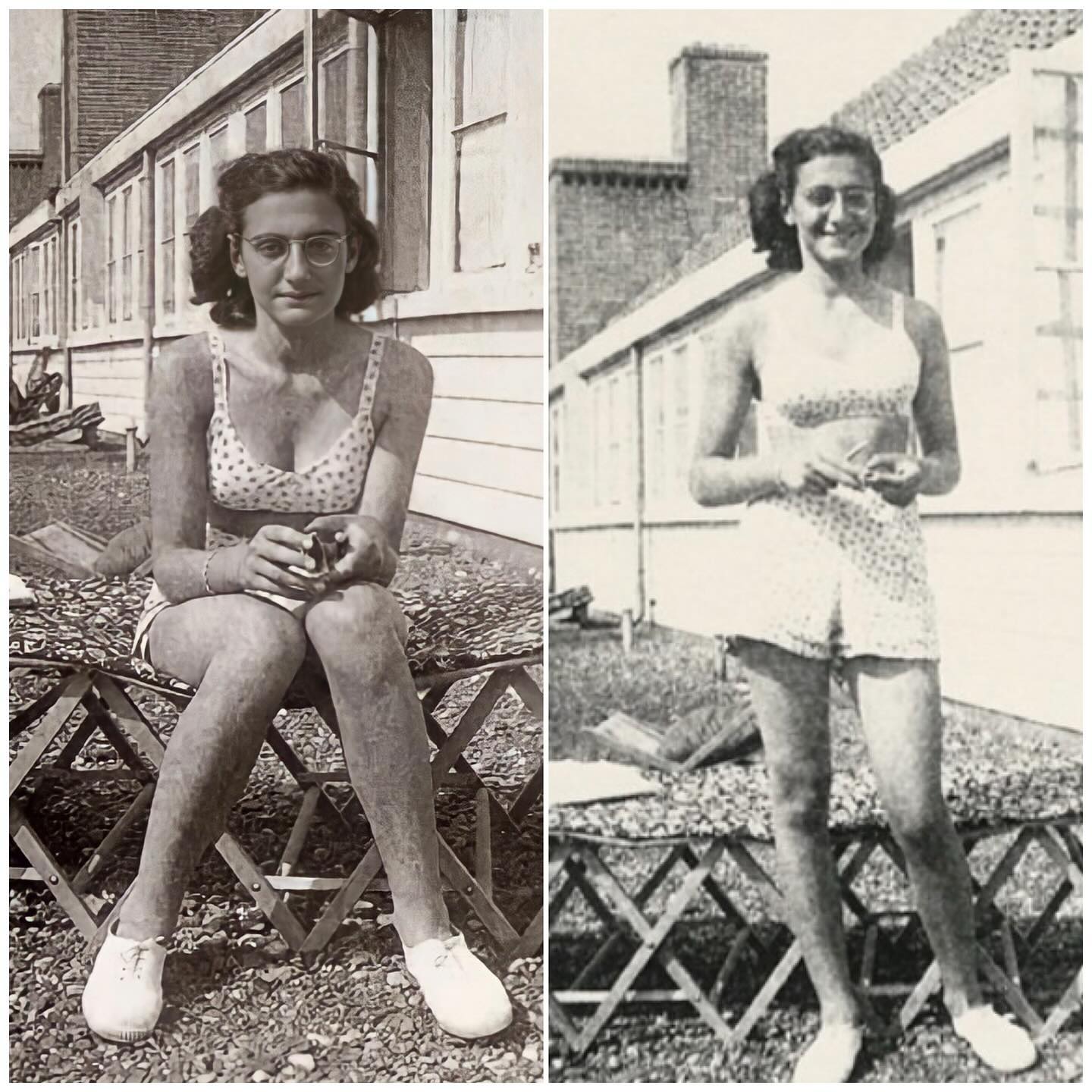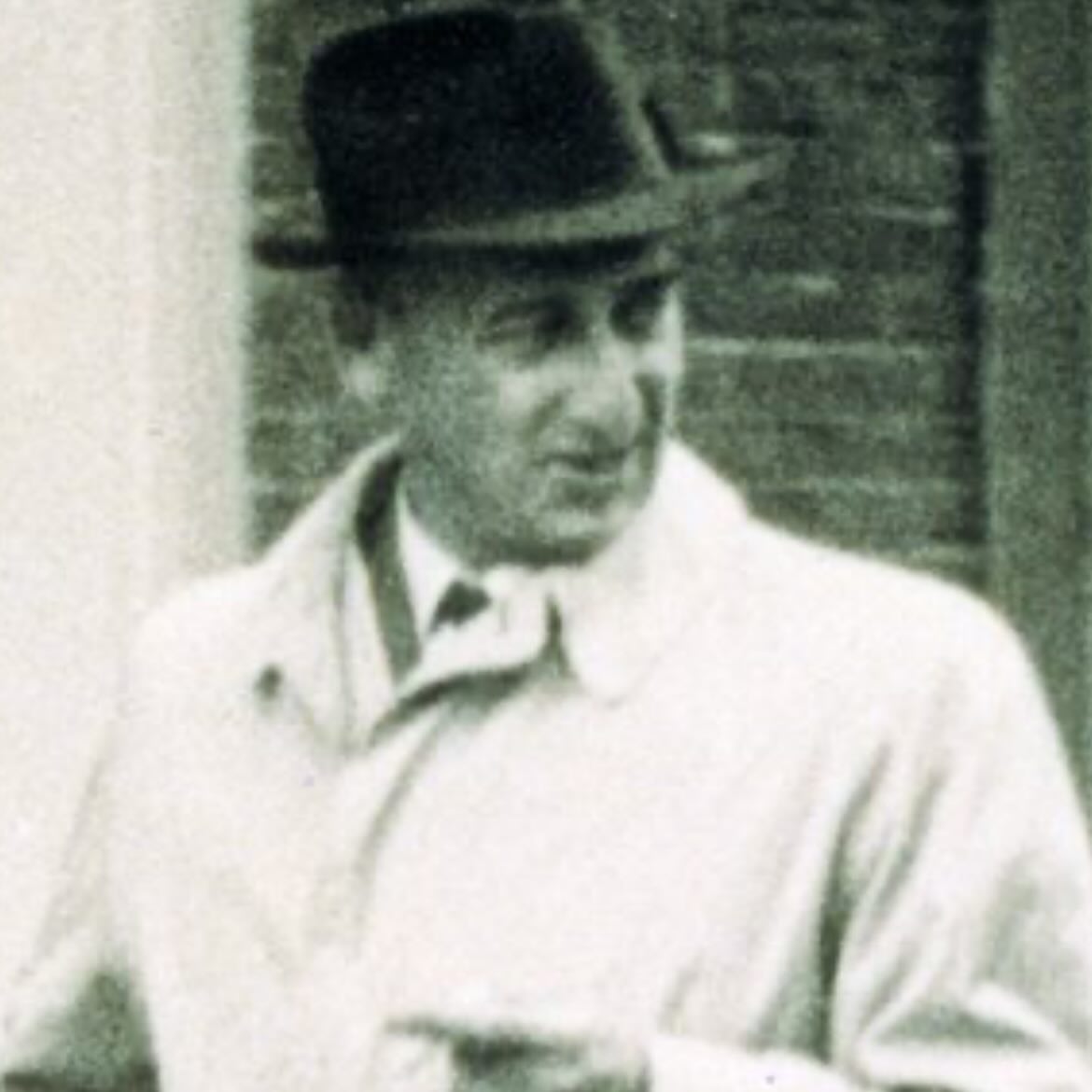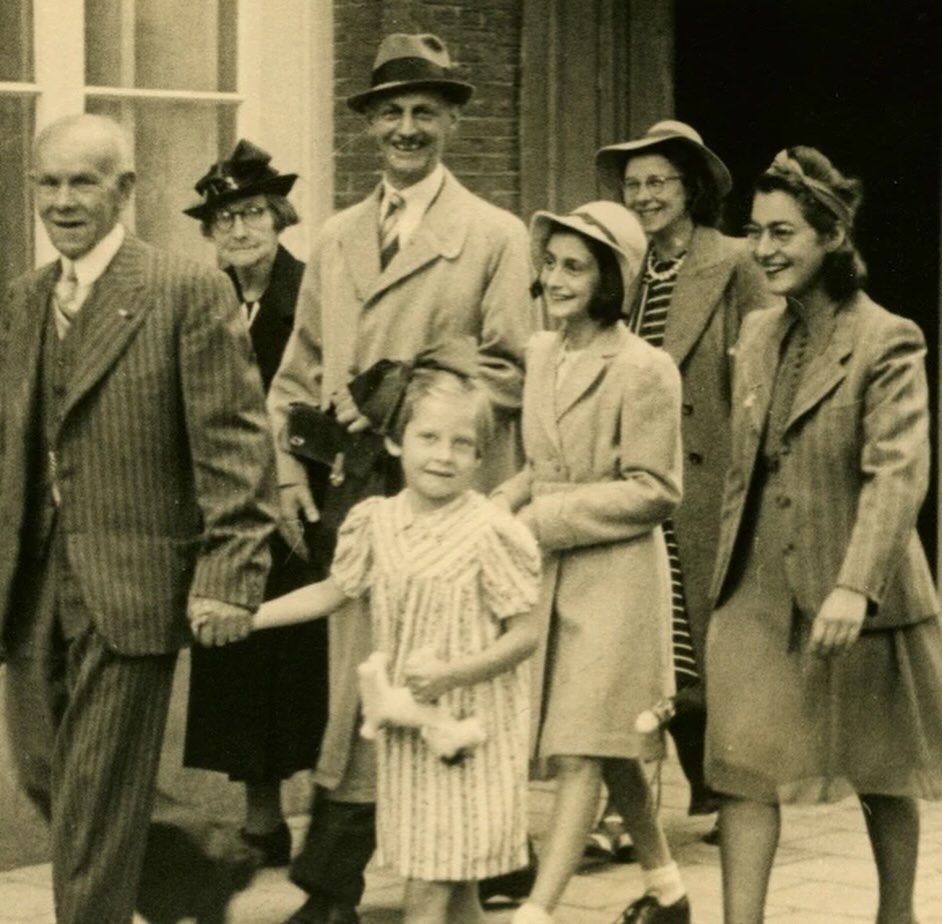The Knock That Changed Everything

It was a warm, lazy Sunday, July 5, 1942. The sun beat down on Amsterdam, a quiet backdrop to a day that would become the most pivotal in the Frank family’s life. Anne was reading on the balcony, while her mother, Edith, was in the kitchen, and her sister, Margot, stayed indoors, seeking refuge from the heat.
Around three o’clock, the doorbell rang. A policeman handed Edith a card: it was a summons for Margot Frank to report for work in Germany. The police man, in a chillingly bureaucratic act, was merely doing his job. Edith, forcing herself to stay calm, immediately went to their friend Hermann van Pels for help.

When Margot told Anne that the summons was for their father, Anne was “frightened and shocked.” But the truth, when it came, was even more devastating. When Edith returned, she sent the girls to their room, and there, Margot revealed the truth: the call-up was for her. Anne “burst into tears,” a natural reaction to the terrifying reality that her sixteen-year-old sister was being sent to a Nazi work camp. Margot, with a maturity beyond her years, tried to comfort her, assuring her that “of course she’s not going to Germany.”
When Otto Frank returned home at five that afternoon, he immediately took action. He telephoned his trusted friends, Johannes Kleiman, Miep Gies, and Jan Gies, who were already aware of their hiding plan. The family began to pack. Anne, in a poignant act of a girl-turned-writer, packed her diary, hair curlers, schoolbooks, and old letters in her school satchel.

The decision was made: they would go into hiding the very next day. This Sunday, a day that began with the simple joys of a summer afternoon, ended with a grim and terrifying decision that would change the course of their lives forever.